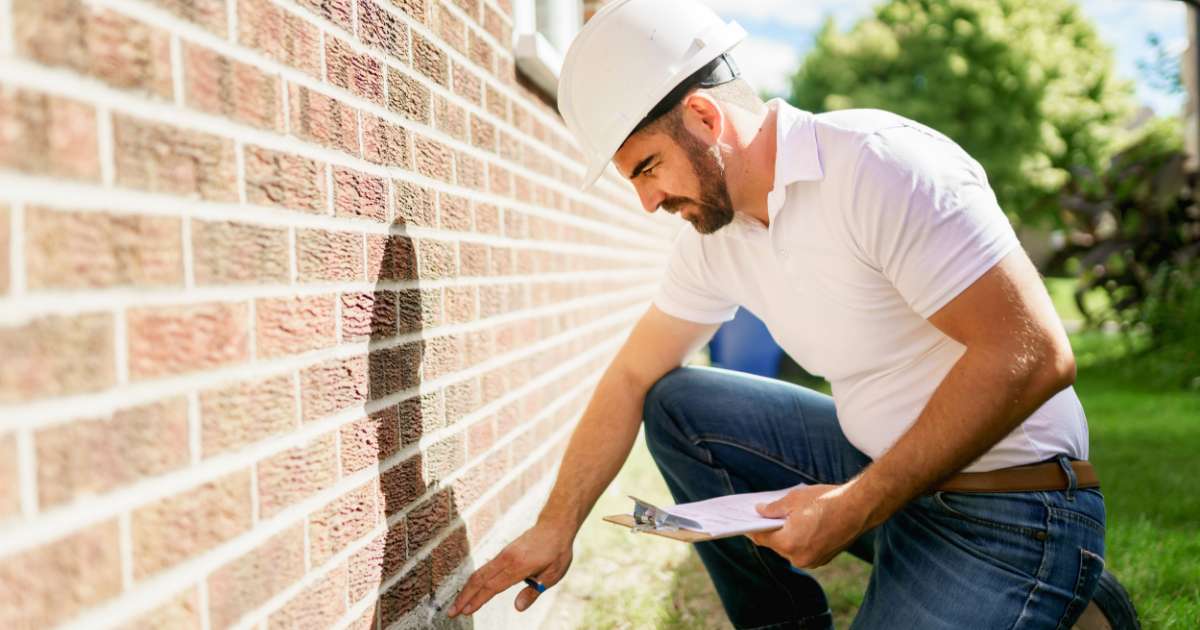Selling a house with unpermitted work in San Antonio can affect your sale price, result in legal and financing hurdles, and make buyers hesitant to commit.
The good news is that there are ways to overcome these challenges. This guide outlines what unpermitted work is, what unpermitted work can do to your sale, and the options available to you. Whether you make repairs or sell the home “as is,” there’s a solution.
What is unpermitted work?
Unpermitted work refers to any project completed without obtaining necessary permits. Typical projects requiring permits in San Antonio include:
- Replacing or extending roofs
- Adding or modifying chimneys or fireplaces
- Expanding driveways or parking areas
- Installing solar panels and certain kinds of backup generators
Risks of unpermitted work include:
- Safety risk: Faulty work can compromise the home’s integrity, making it dangerous for occupants.
- Legal issues: Code violations can result in fines or lawsuits.
- Insurance issues: Claims related to unpermitted updates may be rejected, and it can be harder to get coverage.
Securing permits ensures compliance with building regulations and helps maintain property value, preventing future complications.

Understanding code violations
If you live in San Antonio, you can find local building codes online. Nearby cities like New Braunfels offer these resources as well.
Most Texas building codes are based on model codes, such as the International Building Code, the International Mechanical Code, and the National Electrical Code. These codes are frequently modified by local ordinances.
Changes in building codes can present hurdles for homeowners. Many houses built between the late 1970s and early 1990s use Poly-B pipes for plumbing. This material has since been deemed out of code, and newer work will have to use different materials. In some cases, older work can be “grandfathered in” because it was up to code at the time the work was done. This is more difficult to do with unpermitted work.
Much like counties and municipal areas, Homeowners associations (HOAs) in Texas have the ability to set enforceable rules for property owners. HOAs can dictate rules around paint colors and landscaping choices but cannot prohibit certain home additions like flag displays (although they may be able to influence the kind of flagpole the homeowner uses). When selling, it’s worthwhile to make sure that any work done on your house follows HOA guidelines.
Common unpermitted work and code violations
In San Antonio, performing major renovations without a permit can cause trouble when selling. Potential violations include:
- Structurally unsound room additions
- Improperly installed electrical or HVAC systems
- Large decks that present safety risks
- Unauthorized alterations to a historic home
Is it legal to sell a house with unpermitted work?
Texas law permits you to sell a property with unpermitted work, on the condition that you inform the buyer. Failure to be upfront during a home sale can land you in court, so it’s best to let potential buyers know about any unpermitted work on the property.
How unpermitted work can affect your home sale
Properties with unpermitted work are less attractive to buyers, who may face resale risks and inspection challenges.
Similarly, unpermitted work can impact homeowners insurance. If you add a skylight without permits and it falls off during a Texas thunderstorm, your insurance company may have reason to deny a damage claim for your roof and floor. Unpermitted work can also result in your policy being cancelled.
Your options for selling a house with unpermitted work
When dealing with unpermitted work, you have several paths to consider:
- Fix and permit the work: Addressing the problem and securing the required permits ensures compliance and peace of mind. Smaller issues, like replacing outdated fixtures or a range hood, may be affordable, while large-scale repairs, such as unpermitted patio installations, can be more expensive.
- Seek retroactive approval: A retroactive permit can validate unpermitted work if it meets safety standards. Inspectors may request updates for compliance.
- Sell “as is”: You can sell without fixing the issue but must disclose it. Targeted marketing or selling to local off-market buyers in San Antonio might result in a quicker transaction, though the price may be lower.
- Credit the buyer: Offering a credit at closing empowers the buyer to address unpermitted work independently, removing the burden from you.
Common mistakes when selling a house with unpermitted work
Here are some common approaches to avoid when selling “as is” with unpermitted work:
- Failing to disclose: While disclosure may be inconvenient for the seller, it is the best way to protect yourself from legal problems.
- Making unpermitted updates while selling: When getting your San Antonio house ready to list, make sure that you don’t complicate matters with more unpermitted work.
- Underestimating repair or permit costs: Resolving problems can be costly, especially with major renovations. Make sure to budget.
We Buy Ugly Houses® buys properties with unpermitted work.
If it’s time to sell and you have significant code violations, consider getting in touch with We Buy Ugly Houses®. Our San Antonio team considers a range of property types, and we buy houses “as is.” That means no repairs and no new permits.
This blog is for informational purposes only and should not be considered legal advice.











